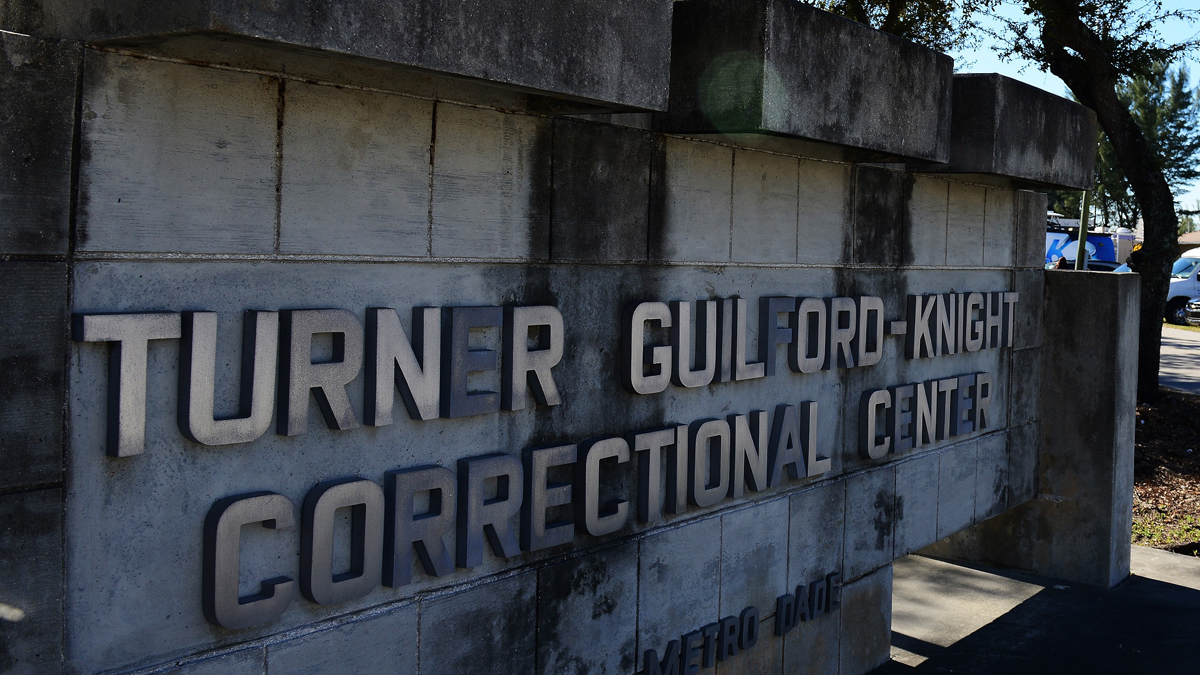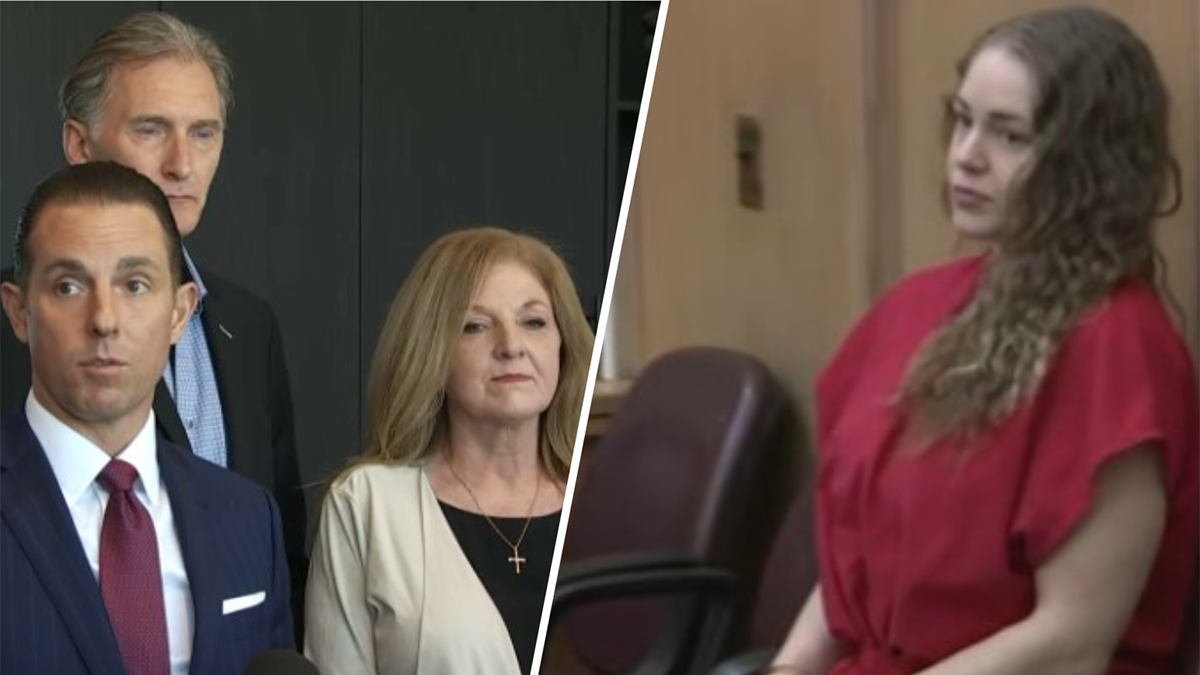A judge said Thursday that he will decide whether the records of a dead man's mental health problems should be allowed in the manslaughter trial of a Florida sheriff's deputy who fatally shot him in 2013 while the man was carrying only an air rifle.
The attorney for suspended Broward Sheriff's Office Deputy Peter Peraza said at a hearing Thursday that obtaining Jermaine McBean's mental health records is crucial to Peraza's defense against a manslaughter charge. Peraza, 37, faces up to 30 years in prison if convicted.
Defense attorney Eric Schwartzreich said several witnesses to the July 2013 shooting said McBean, 33, seemed to be acting strangely and a neighbor had heard him shouting and stomping around in his apartment in the days before he was killed. McBean's family has said he was diagnosed as bipolar in 2010, and court records show he suffered a breakdown that required hospitalization just before he was shot.
"There's more hospitalizations and things that went on here," Schwartzreich said. "I want to have those medical records."
Circuit Judge Michael Usan said he would examine McBean's medical records in private before deciding whether they can be admitted as evidence. Usan said McBean's family is entitled to privacy, just as Peraza has a right to mount a vigorous defense. Another hearing is set for Feb. 11.
McBean family attorney David Schoen called the records request "a desperate effort to distract attention from the facts of the case and dehumanize the victim."
McBean's family has filed a federal wrongful death lawsuit contending that Peraza fired unnecessarily and that McBean likely did not hear police commands that he drop the authentic-looking air rifle because he was listening to music through earbuds.
Local
Schwartzreich says Peraza was acting to protect the deputies and the public from a potential gunman. McBean was black and Peraza is white.
Evidence previously released has shown that McBean _ who worked in information technology and had two college degrees _ had suffered multiple mental breakdowns. He was killed on July 31, 2013. A few days earlier, on July 25, he apparently suffered a mental episode at work that led to his hospitalization for several days. Co-workers described him as acting "manic, irrational and incoherent," according to court documents filed by Schwartzreich.
On July 29, McBean told his bosses he was ready to come back to work, according to the documents. On the day he was shot, he told a human resources director he was ``still not feeling 100 percent'' and would return to work the following week. Instead, he went to a pawn shop and bought the air rifle, carrying it openly down a busy street and leading several witnesses to call 911.
Some witnesses said McBean looked "crazy" or possibly under the influence of some drug, court documents show. A toxicology report also found no evidence he had recently taken any of the medications prescribed for his disorder.
"What I remember most was he was walking like he was a zombie," one witness told investigators. "He looked like he wasn't a normal human being like you and I. ... He wasn't walking like a normal human being."



